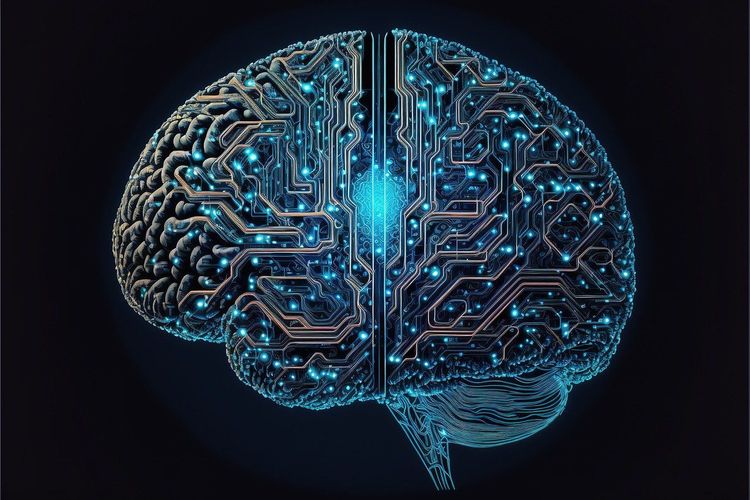Welcome to a new era of Olympic communication as we prepare to witness the magic of the Olympics in Paris. International Olympic Committee (IOC) President Thomas Bach has been busy sharing the rich history and cultural significance of the Olympics while highlighting the transformative impact of technology. At an event hosted by Olympic Broadcasting Services (OBS), Bach described the upcoming Paris Olympics as a “new future” and emphasized that the driving force behind this evolution comes from China's technological prowess.
In 2017, Alibaba Cloud emerged as the sole global cloud service provider for the Olympics, overcoming international competition. By 2018, it had developed the OBSCloud broadcasting platform, leading to a significant shift in Olympic broadcast methodologies over the past three years. This year, for the first time, cloud-based broadcasts surpassed satellite transmissions, becoming the dominant method for delivering Olympic content to audiences worldwide. "We take pride in how Chinese technology not only enhances the broadcast of the Games but also promotes sustainability and environmental responsibility," said Yuan Qian, President of Alibaba Cloud's International Business Division, in a recent interview.
The introduction of cloud broadcasting signifies a monumental leap since the 1964 Tokyo Olympics, where satellite broadcast technology was first utilized. Now, as we anticipate the Paris Olympics, OBS forecasts over 11,000 hours of event coverage to be distributed globally via Alibaba Cloud. Remarkably, two-thirds of the booked remote services will utilize cloud computing to transmit live broadcasts to more than 200 countries and regions.
Since the Tokyo Games, the concept of a “cloud Olympics” has frequently appeared in Bach's speeches. This initiative represents a collaboration between OBS and Alibaba Cloud, providing event signals and broadcasting services without solely relying on satellites. "In the global public cloud arena, only four companies have core operational systems and technological capabilities—three in the U.S. and one representing China's technological strength," Yuan Qian noted, reflecting on Alibaba Cloud's rise as the exclusive Olympic cloud provider.
This transition, termed a milestone by OBS, highlights the enhanced capabilities brought by cloud technology. For instance, during the Tokyo Olympics, a late-arriving broadcasting agency successfully managed to deliver live signals globally thanks to cloud technology. By the Beijing Winter Olympics in 2022, over 22 broadcasting agencies had adopted cloud computing for live stream distribution, and for the Paris Olympics, this number has risen to 54 agencies.
The integration of artificial intelligence (AI) is another crucial aspect of transforming the Olympics for a modern audience. In April this year, the IOC introduced the "Olympic AI Agenda," aiming to lead the global sports sector in AI advancements. The new multi-camera replay system, enhancing viewer experience with effects like "bullet time," was initially deployed at the Beijing Winter Olympics and will play a significant role in Paris.
"Bullet time" will be featured across 14 venues in Paris, capturing dynamic moments in events such as rugby, badminton, athletics, basketball, beach volleyball, table tennis, wrestling, tennis, judo, breakdancing, BMX freestyle, and skateboarding. This technology allows for a more immersive viewing experience, consolidating both speed and the unique aspects of each sport.
Sustainability and environmental considerations are integral to the IOC's vision, reflected in the commitment to green practices throughout the Olympic journey. For example, the Tokyo Olympics saw a 25% reduction in the International Broadcasting Center's physical footprint and a 27% decrease in on-site personnel, highlighting the efficiency enabled by cloud technology.
Moreover, during the Beijing Winter Olympics, the data center utilized renewable energy sources, reducing energy consumption by 70% compared to traditional centers. The innovations helped save the equivalent of over 400 million trees annually, showcasing how technology can profoundly contribute to sustainability.
As technology reshapes the Olympic experience, it embodies a blend of culture, entertainment, and education, while also upholding social responsibilities. The Olympics, driven by a commitment to higher, faster, stronger, and more unified ideals, is not just about sports; it is a celebration of humanity and collective progress, powered by innovation.







